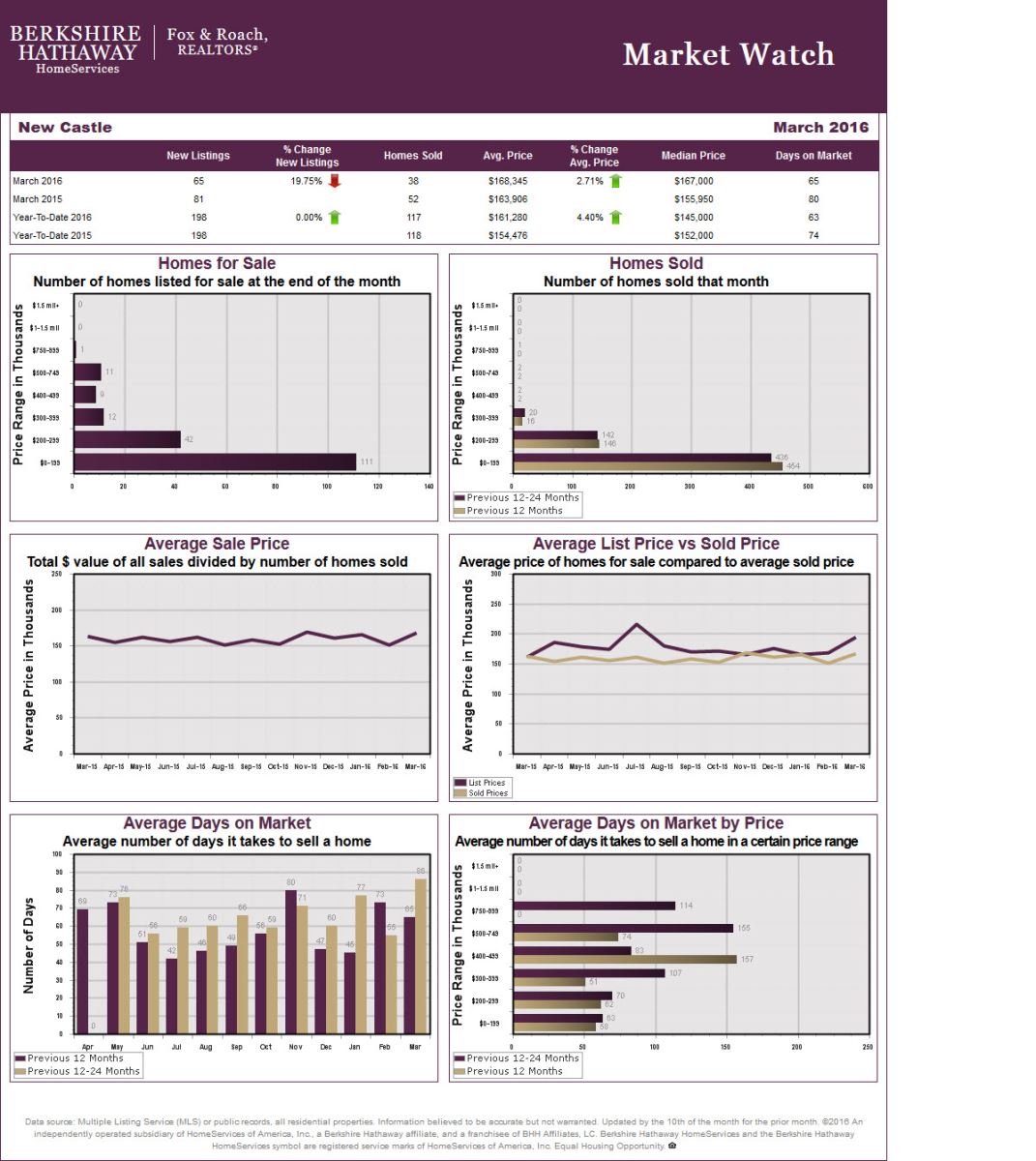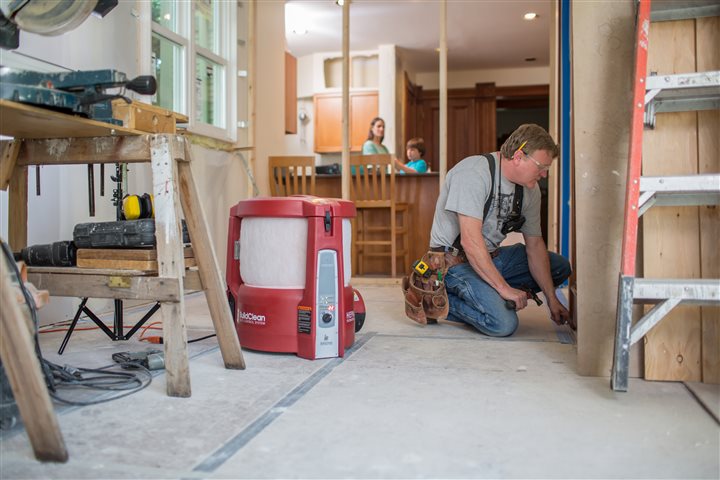Know What's Below Before You Dig This Spring

With the snow gone and the ground thawed, many eager homeowners and landscape professionals across the country are rolling up their sleeves and reaching for their shovels to start projects that require digging this spring.
During the transition into "digging season," Common Ground Alliance (CGA), the association dedicated to protecting underground utilities and the people who dig near them, reminds homeowners and professional diggers that calling 811 is the first step towards protecting you and your community from the risk of unintentionally damaging an underground line.
Every digging project, no matter how large or small, warrants a free call to 811. Installing a mailbox or fence, building a deck and landscaping are all examples of digging projects that should only begin a few days after making a call to 811. Calling this number connects you to your local one call utility notification center.
According to data collected by CGA in a phone survey in late February, more than half (46 percent) of American homeowners said they plan to do DIY projects involving digging this year, but 40 percent of them do not plan to make a free call to 811 before digging. Extrapolated to the full population of U.S. homeowners, approximately 51.8 million people will dig this year without first calling 811.
A utility line is damaged every six minutes in America because someone decided to dig without making a call to 811 to learn the approximate location of buried utilities in their area. Unintentionally striking one of these lines can result in inconvenient outages for entire neighborhoods, harm to yourself or your neighbors and repair costs.
As a result, CGA offers the following tips to make sure you complete your project safely and without any utility service interruptions, so you don't become a statistic.
Here's how the 811 process works:
1. One free, simple phone call to 811 makes it easy for your local one call center to notify all appropriate utility companies of your intent to dig. Call a few days prior to digging to ensure enough time for the approximate location of utility lines to be marked with flags or paint.
2. When you call 811, a representative from your local one call center will ask for the location and description of your digging project.
3. Your local one-call center will notify affected utility companies, which will then send professional locators to the proposed dig site to mark the approximate location of your lines.
4. Only once all lines have been accurately marked, roll up those sleeves and carefully dig around the marked areas.
There are nearly 19 million miles of underground utility lines in the United States that your family depends on for everyday needs including electric, gas, water and sewer, cable TV, high-speed Internet and landline telephone. That equals more than a football field's length of utilities for every person in the United States. With that much critical infrastructure underground, it's important to know what's below and call 811 before digging.
To find out more information about 811 or the one call utility notification center in your area, visit Call811.com. (BPT)
Courtesy of Wilmington DE Real Estate Expert Tucker Robbins.














